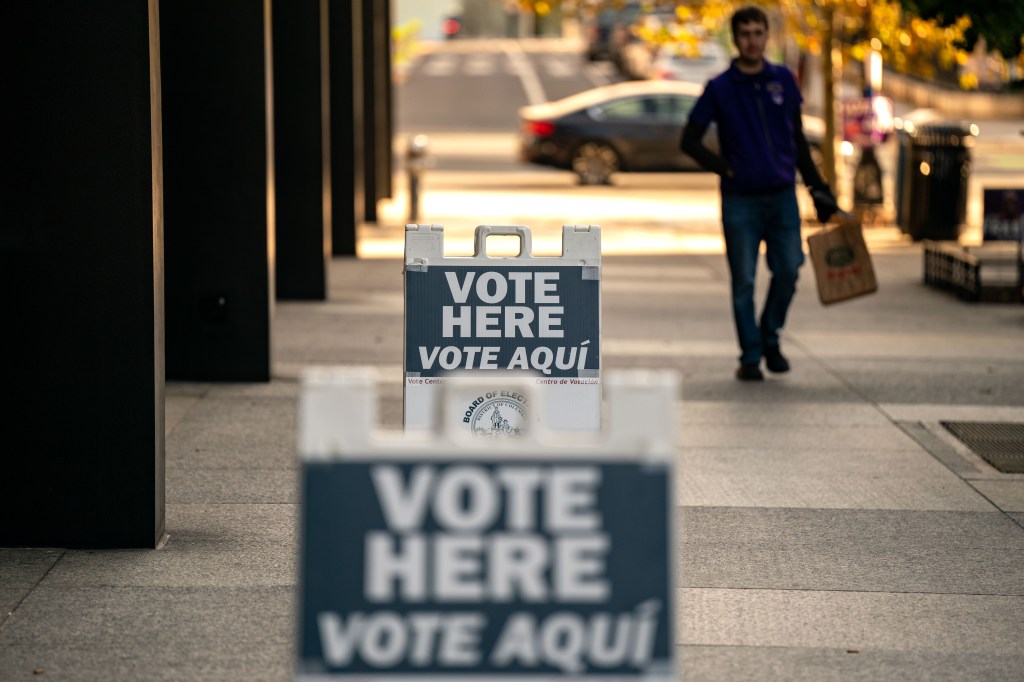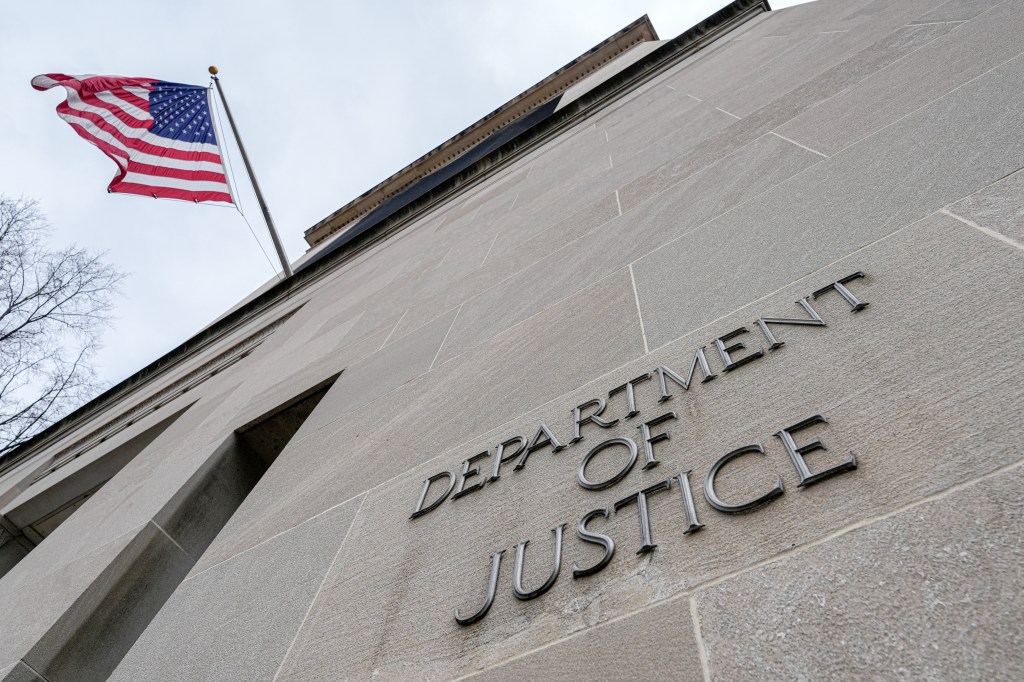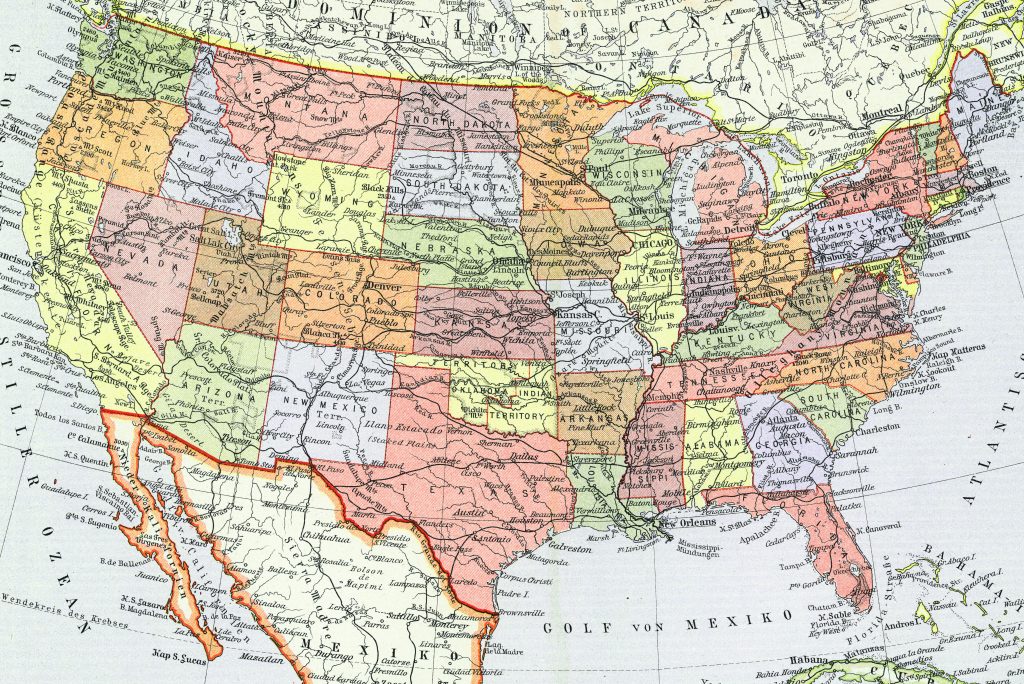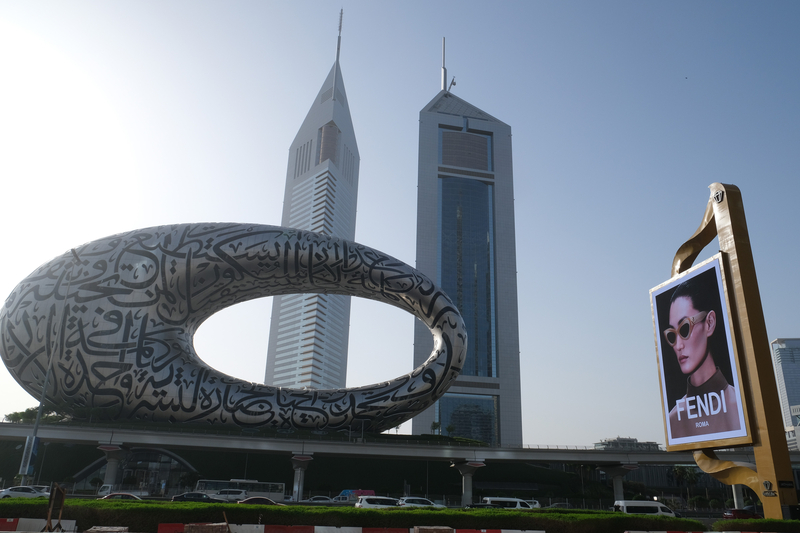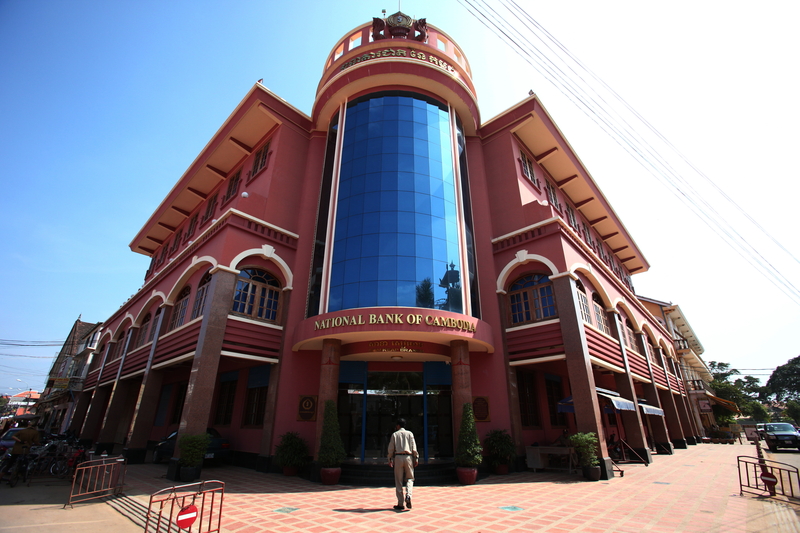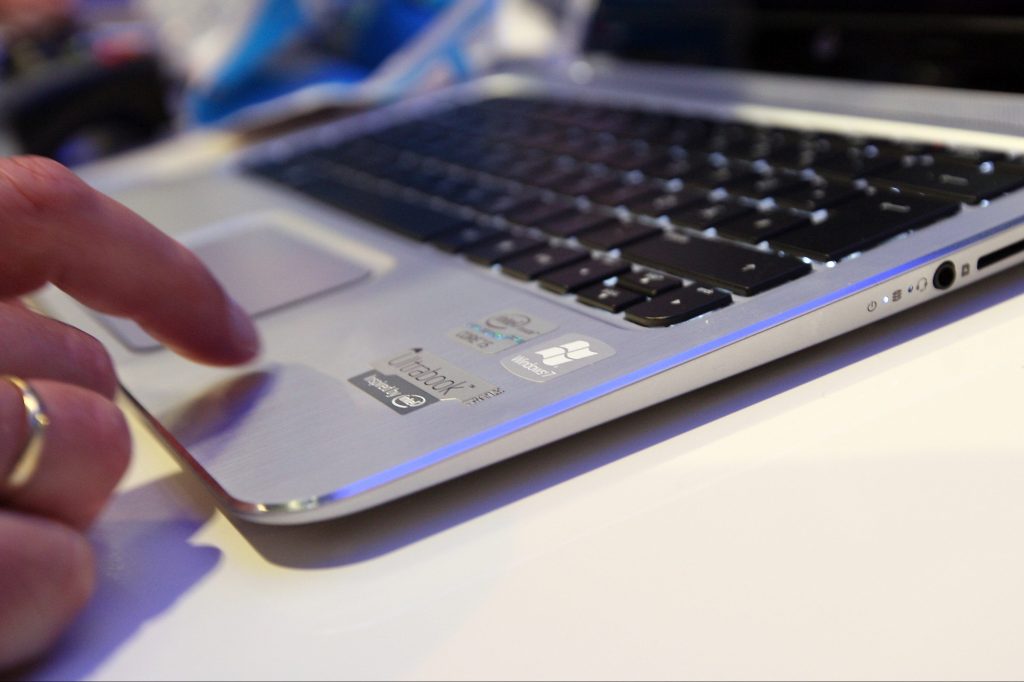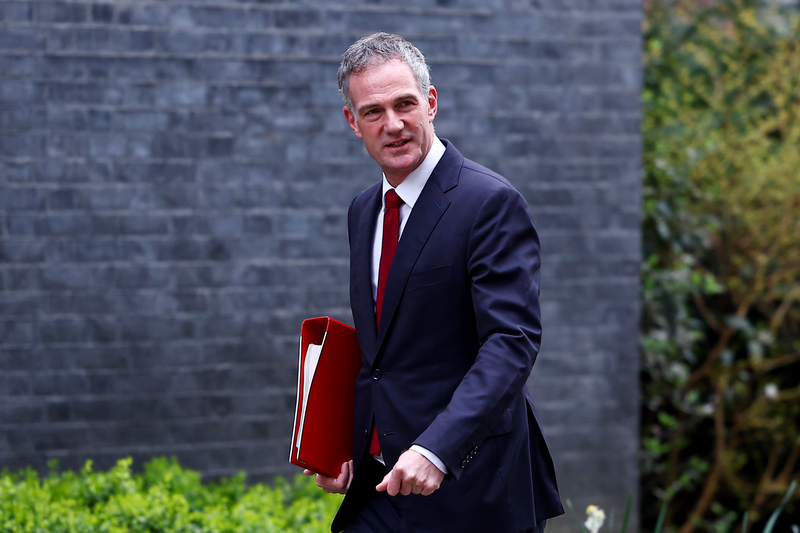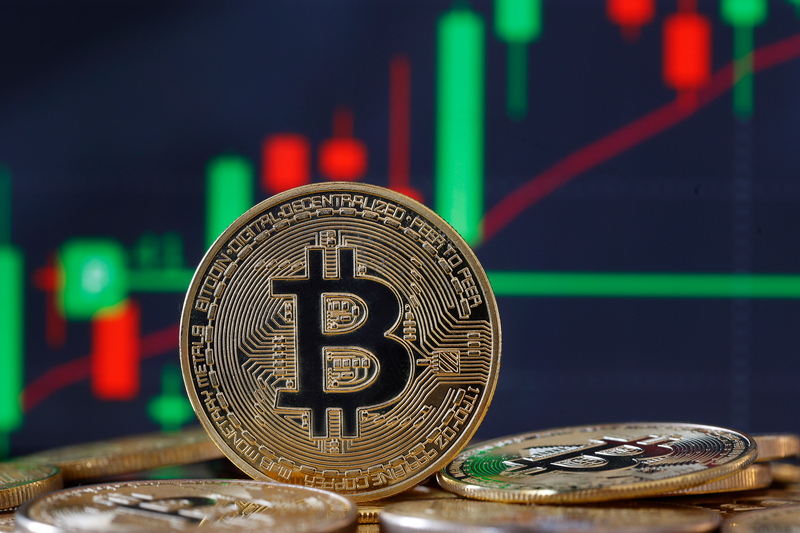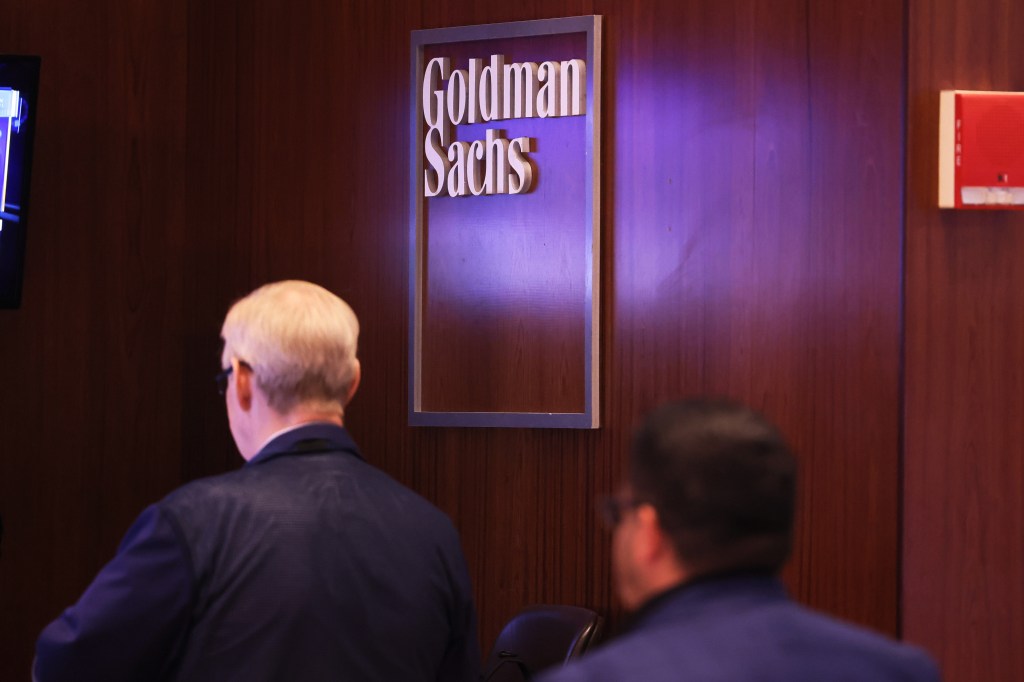Former Goldman Sachs executive director Asante Kwaku Berko has appeared in federal court in Brooklyn, New York, on bribery charges after losing his fight against extradition from the UK, where he had been arrested.
He is charged by US authorities with arranging for millions of dollars in bribes to be paid to government officials in Ghana to help a client secure a power-plant contract.
He pleaded not guilty in court Tuesday, after arriving in the US the night before from the UK, and paid a $600,000 bond. He remains under house arrest with electronic monitoring at the Manhattan home of his sister-in-law and is due back in court for a conference on August 14.
The charges come three years after Berko agreed a settlement with the SEC in a civil case, agreeing to pay $329,000 without admitting the claims made.
A Goldman Sachs spokesperson said: “The former employee left the firm over seven years ago and the firm withdrew from involvement in the transaction at issue.”
The bribes
The US Attorney’s Office (USAO) for the Eastern District of New York’s indictment states that, between approximately December 2014 and March 2017, Berko conspired with others to bribe Ghanaian government officials in connection with the development and financing of a multi-million-dollar power plant in Ghana.
Berko served as the executive director in the Investment Banking Division of Goldman’s London office and was the executive responsible for securing and managing a deal between its client, a Turkish energy company, and the Republic of Ghana for the construction and financing of a power plant in Ghana. Berko is a US citizen who left Goldman Sachs in 2016.
It is alleged that Berko and his co-conspirators paid hundreds of thousands of dollars in bribes to Ghanian officials and others to ensure the Turkish energy company won its bid to build and operate the power plant.
The USAO says that, in one example, bribes were paid to five Ghanaian officials in April 2015 during an all-expenses-paid trip to Turkey to view equipment for the power plant. During the trip, the officials each received $5,000.
Detailed emails expose conspiracy
After the power plant deal was ratified by the Ghanaian parliament in July 2015, Berko and his co-conspirators exchanged detailed emails regarding their bribe payments, the indictment says. In August 2015, they discussed $250,000 in bribe payments paid to various individuals, including $20,000 to the “MoP Girls,” meaning, the Ghanaian Ministry of Power, a group a co-conspirator described as “vital to our communication and information acquisition.”
Prosecutors allege that emails further detailed tens of thousands of dollars in bribes that Berko had personally paid and for which he was still owed. Emails assembled by Goldman Sachs show that Berko and his main co-conspirator understood that the co-conspirator would use connections with certain Ghanaian officials and their relatives to accomplish the goal of creating business opportunities in the region for the Turkish firm, the indictment says.
The USAO said Berko lied and tried to hide the scheme from Goldman’s compliance officers when they inquired about certain payments to the Turkish energy firm.
The emails discussed invoices and wire transfers in furtherance of and with the intent to promote the bribery scheme, through correspondent banks, some of them passing through the Eastern District of New York, the USAO noted.
One example noted in the indictment references an email from a co-conspirator to Berko and another co-conspirator in September 2015, agreeing to pay $140,000 to reimburse bribes that were previously promised or paid. It said: “[w]e can follow 105 additionally 35 my two brothers in this case I am ready to settle@140” with Berko responding: “[m]atter settled.”
The USAO said Berko lied and tried to hide the scheme from Goldman’s compliance officers when they inquired about certain payments to the Turkish energy firm, and the lawsuit cites the many emails captured as evidence in the case. In its own investigations into these allegations in 2020, the SEC said Berko told his employer’s compliance personnel payments to the intermediary company were part of a standard outsourcing contract.
Conspiracy to violate the FCPA
Berko was charged with six counts in the indictment, including:
- conspiracy to violate the Foreign Corrupt Practices Act (FCPA);
- violation of the FCPA;
- conspiracy to commit money laundering; and
- willful failure to file reports of foreign bank and financial accounts (three counts each)
The FCPA violation revolved around the $140,000 wire transfer from the Turkish energy company account to a consulting company employee account that was processed through a correspondent bank account in New York City. The money laundering conspiracy charges revolved around the alleged arrangements to transport and transfer money instruments from the US to a place outside and then back to the US and then to a place outside the US – all with the intent to promote one or more unlawful activities, the indictment states.
SEC’s 2020 lawsuit
in 2020, the SEC announced the filing of a civil complaint charging Berko with violations and other charges for “orchestrating a bribery scheme to help a client win a government contract to build and operate an electrical power plant” in Ghana.
Settlement negotiations ensued, and in mid-2021 Berko agreed to resolve the matter without admitting or denying the SEC’s allegations. He agreed to pay $329,163.92 – made up of disgorgement of $275,000 and prejudgment interest of $54,163.92. The final judgment also permanently restrained and enjoined Berko from violating, directly or indirectly, the FCPA’s anti-bribery provisions.
The bank, which wasn’t named in court filings, ultimately did not provide finance for the deal, ending its involvement with the project after the Turkish company refused to explain the intermediary firm’s role.
A Goldman Sachs spokesperson said the bank fully cooperated with the SEC’s investigation of the matter in 2021, adding that the commission at the time noted the bank’s compliance personnel took “appropriate steps.”

